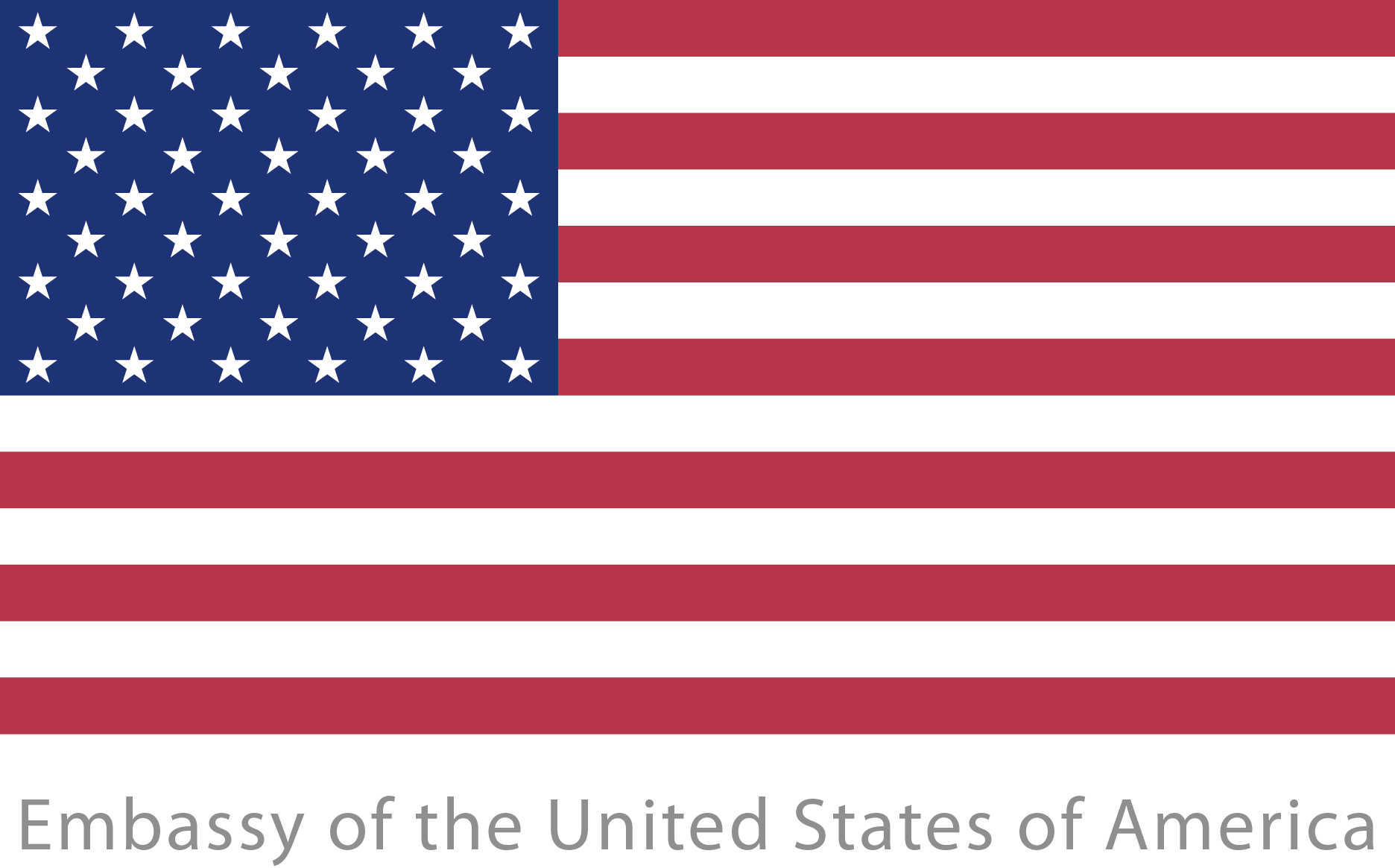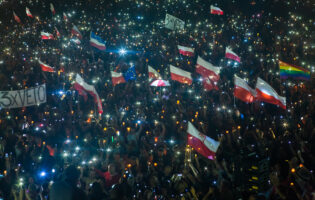
Susanne Nilsson via Flickr
The German Election and Transatlantic Security
with
Sophia Besch, Senior Research Fellow, Centre for European Reform; DAAD/AGI Research Fellow
Ulrike Franke, Senior Policy Fellow, European Council on Foreign Relations
Janusz Reiter, Former Polish Ambassador to Germany
How do Germany’s main political forces view the security agenda? What threats and challenges shape their perceptions, and what are the national, European, and transatlantic approaches that they will prioritize? Will this advance U.S.-European cooperation? How do key European allies and partners view the trajectory of German security policy, and what are their expectations for the government that will take shape after the September 26 election?
Sophia Besch is a DAAD/AGI Research Fellow from September to December 2021. She is a Senior Research Fellow at the Centre for European Reform’s (CER) Berlin office and a Nonresident Senior Fellow at the Atlantic Council Europe Center. She works on European defense issues, with a focus on EU defense industrial cooperation, German defense policy, the effects of Brexit on defense cooperation, and EU-NATO relations. Ms. Besch holds Master’s degrees from the London School of Economics and Sciences Po Paris and is currently pursuing a PhD at King’s College London.
Ms. Besch’s dissertation is concerned with the EU’s decision to establish the European Defence Fund, a new initiative that uses EU budget money to incentivize defense industrial cooperation. Specifically, her research centers on the internal interplay of actors that led to this instance of European integration in a traditionally intergovernmental policy field.
Dr. Ulrike Franke is a senior policy fellow at the European Council on Foreign Relations (ECFR). She leads ECFR’s Technology and European Power initiative. Her areas of focus include German and European security and defence, the future of warfare, and the impact of new technologies such as drones and artificial intelligence on geopolitics and warfare.
Dr. Franke has published widely on these and other topics, among others in Die Zeit, FAZ, RUSI Whitehall Papers, Comparative Strategy, War on the Rocks, Zeitschrift für Außen- und Sicherheitspolitik, and regularly appears as commentator in the media. She co-hosts the Sicherheitshalber Podcast, a German-language podcast on security and defense. Dr. Franke is a policy affiliate at the Governance of AI project at Oxford University’s Future of Humanity Institute. She was also part of UN Special Rapporteur on Human Rights and Counterterrorism Ben Emmerson’s research team, examining drone use in counterterrorism contexts. Prior to this she worked as a part-time research assistant at the International Institute of Strategic Studies (IISS) in London.
She holds a PhD in International Relations from the University of Oxford. She also holds a BA from Sciences Po Paris and a double summa cum laude MA degree from Sciences Po Paris (Affaires internationales/Sécurité internationale) and the University of St. Gallen (International Affairs and Governance).
Ambassador Janusz Reiter is Founder and Chairman of the Board of the Center for Internationals Relations in Warsaw. He is former Polish Ambassador to Germany and the United States, former Special Envoy for Climate Change, Fellow of the Woodrow Wilson Center, and Richard von Weizsaecker Fellow of the Bosch Foundation. He is a columnist and contributor to major Polish and international newspapers. Ambassador Reiter was awarded by the Federal President of Germany the Federal Cross with Star and Ribbon. He also received the Honorary Award of the European University Viadrina in Germany and the honorary degree of the College of the Atlantic in the United States. Ambassador Reiter serves on several boards, both in corporate and non-profit sector. He is co-host of the energy round table Energiegespraech am Reichstag in Berlin.
This webinar will convene via Zoom. Please contact Ms. Elizabeth Hotary at ehotary@aicgs.org with any questions.
This webinar is supported by the United States diplomatic mission in Germany.








